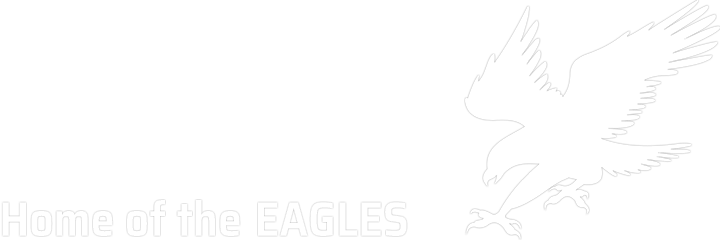School Overview
Thank you for your interest in Bishop Baraga Catholic School. We know that choosing a school for your child is an important responsibility. Our goal is to offer you information about Bishop Baraga that will help you make an informed decision about where your child can best learn and grow academically and spiritually. We are confident that working together with parents, Bishop Baraga can prepare our students to succeed in and out of the classroom.
Bishop Baraga – At a Glance
- 3 & 4-year-old Preschool program
- Grades: Kindergarten (full day) through Seventh Grade
- School Hours: 7:30 a.m. – 2:50 p.m.
- Busing available through Cheboygan Public School Buses
- Hot lunch and milk provided daily – currently suspended
- Accredited by the Michigan Association of Non-Public Schools (MANS)
Academic Excellence
At Bishop Baraga, we offer a challenging educational curriculum with the highest academic standards. In order to maintain our high quality of education, we continually strive to meet the following goals:
- To provide qualified teachers and an environment conducive to learning.
- To meet or exceed state standards with regard to teacher qualifications, days or hours of instruction and curriculum.
- To keep parents continually updated on student progress as well as issuing appropriately timed progress reports and report cards.
- To regularly review and update curriculum for continuing excellence in instruction.
- To provide small class sizes that allow enriched student / teacher interaction.
Academic Strengths – By the Numbers
- For the current school year, we will exceed the state requirement for hours of instruction by almost 170 hours.
- Results from our NWEA (Northwest Evaluation Association) Testing show Reading scores 45% above state standards, Math scores 28% above state standards.
- Since 1993, 16 of the CHS (Cheboygan High School) Valedictorians and 9 of the CHS Salutatorians have been Baraga alumni.
- Average class size is 15-17 students, allowing for more individual attention and a “family” atmosphere.
In addition to standard subjects, our curriculum also includes:
- Art & Music
- Google Computer Instruction
- K-7 Retreats
- “Measures of Academic Progress” (MAP) Testing
- Project Based Learning (PBL’s)
- Physical education
Faith Development
Bishop Baraga is committed to helping with the spiritual development of our students and our religious education is a key element in our school’s curriculum. While we teach the Roman Catholic Faith, we welcome students of all faiths. We understand that parents, regardless of their religious background, want to offer their children a high-quality education that also focuses on raising respectful children with strong values. We provide instruction and opportunities for growth and practice of Catholic, Christian faith in a number of ways:
- We promote a positive community atmosphere. Bullying, harassment or disrespect is not tolerated.
- We practice daily prayer in and out of the classrooms
- We offer fully integrated religious education at all grade levels
- We provide sacramental preparation
- We involve every class in some level of community service and global outreach
- We celebrate a yearly Retreat for grades K – 7
Parental Involvement
We feel strongly that parental involvement is critical to the success of a child. Each family at Bishop Baraga is asked to make a volunteer commitment. This commitment enables us to offer a variety of programs and activities that might not otherwise be possible. Each family’s participation also provides parents with a way to help improve the quality of our school through the use of their time and talents.
Extra-Curricular Activities
While Bishop Baraga has a strong focus on academics, we also recognize the importance of offering our children new and interesting opportunities to grow. The many clubs and extracurricular activities provide our students with opportunities to develop new skills, meet new people and round out their educational experience. The following activities are available:
- After-School Tutoring
- Archery
- Band
- Boys Basketball
- Children’s Choir
- Cooking Club
- Cribbage Club
- Cross Country
- Girls Basketball
- Girls Volleyball
- LEGO Robotics
- Rosary Club
- Ski Club
- Student Council
More Information
For more information about Bishop Baraga Catholic School, please contact the school office at (231) 627-5608.


